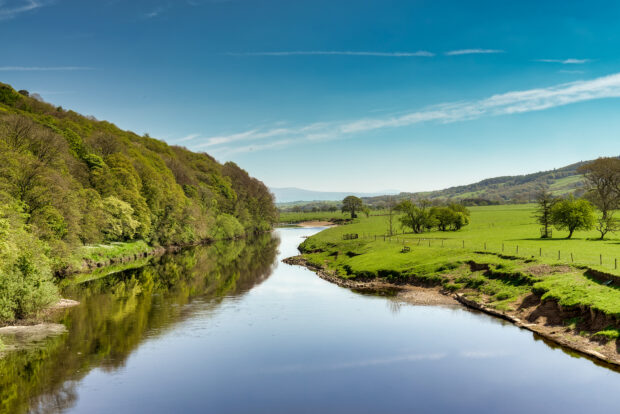
There has been media coverage claiming sewage discharges, also known as storm overflows, should be stopped for the bank holiday weekend.
The government remains clear that the volume of sewage being discharged into our waters is utterly unacceptable – however there is no switch to turn storm overflows off overnight and this is a reckless suggestion which would risk the safety of people, homes and business. Storm overflows are an automatic safety valve that release excess pressure on the network. This prevents sewage backing up into properties and stops widespread mains pipe bursts across the country. Storm overflows should only be used under strict permit conditions.
It is also completely untrue to claim there is no record of discharges in July and August. As a result of this government’s action, 91% of overflows are monitored throughout the year, reaching 100% cover by the end of this year.
Overall bathing water quality has improved significantly over the last decade - with a continuing upward trend - due to robust Environment Agency regulation and working with partners. There were more bathing waters classified as excellent last year and 93% of bathing waters met the highest standards of ‘good’ or ‘excellent’ - up from just 76% in 2010. This has been driven by £2.5 billion of investment and facilitated partnerships.
A Defra spokesperson said:
This is a reckless suggestion that risks the safety of homes and businesses.
Storm overflows cannot just be ‘switched off’. They are an automatic feature designed to stop sewage backing up into properties.
They should only be used under strict permit conditions – and we are clear that the volume of sewage being discharged into our waters is utterly unacceptable. That is why our Plan for Water sets out more investment, stronger regulation and tougher enforcement to increase capacity in the network and tackle every source of pollution.
Last year 93% of bathing waters met the highest standards of ‘good’ or ‘excellent’, up from just 76% in 2010.
1 comment
Comment by Trevor Marshall posted on
I don't believe anything released by Ms Coffey's department. That such an ignorant and incompetent person could have an important role is beyond comprehension.